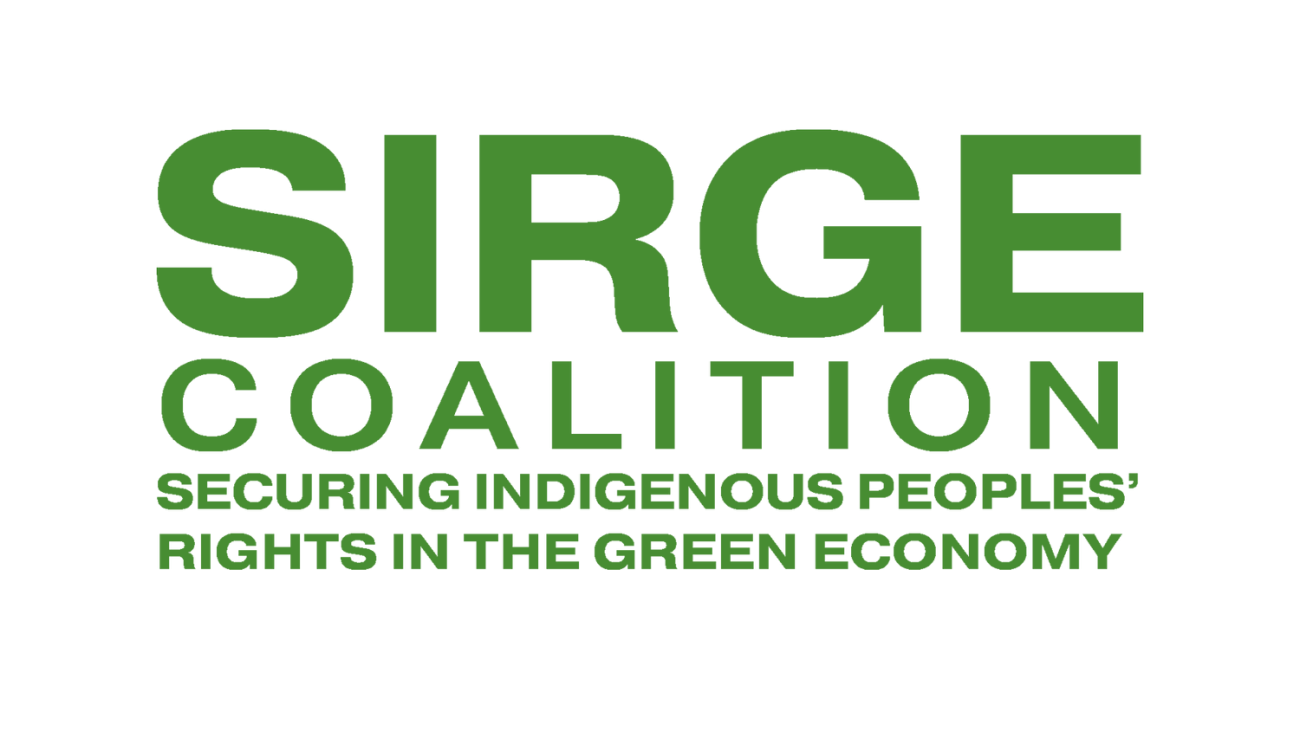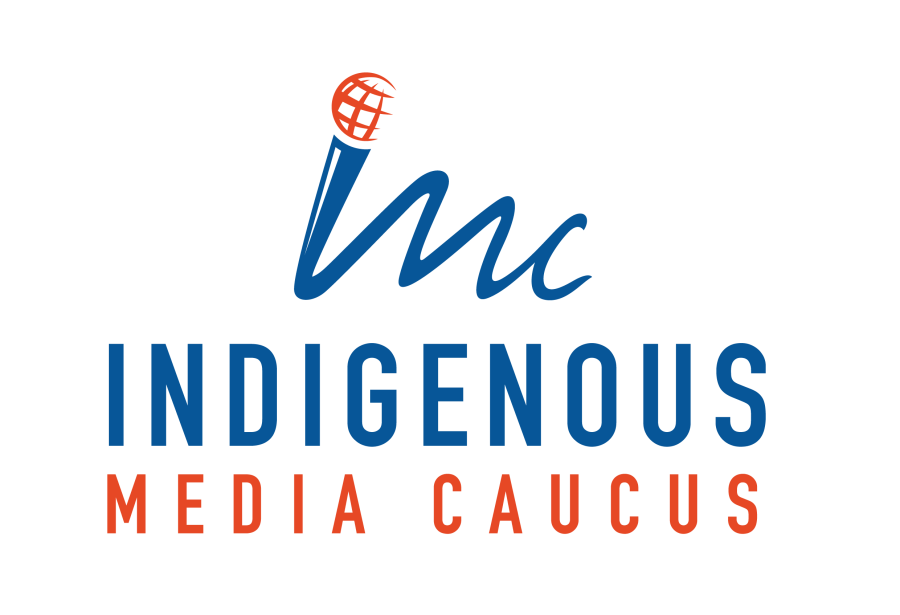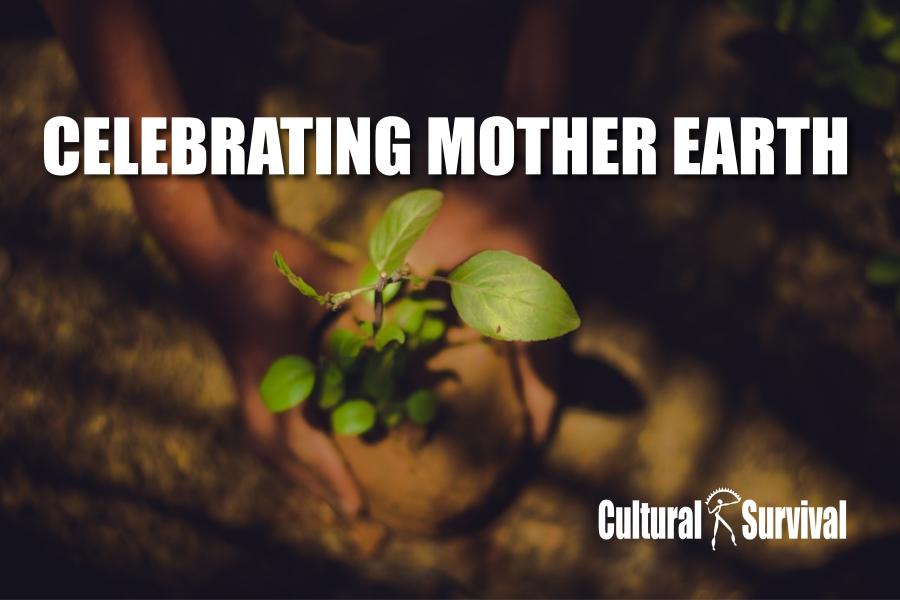
Statement by the Securing Indigenous Peoples' Rights in the Green Economy Coalition
Indigenous Peoples are at the forefront of the global energy transition, with their lands and rights increasingly threatened by the rush for critical minerals. With 54% of critical energy transition minerals (CETMs) located on or near Indigenous Peoples’ lands, they are at the very center of mineral resource extraction but, paradoxically, not front and center in the energy transition discussion.
For centuries, Indigenous Peoples have been the stewards of their lands, protecting them from colonial exploitation, which too often involved the extraction of resources without their consent, leading to displacement, environmental degradation, and cultural loss. Today, the increasing demand for minerals essential for the green transition risks repeating these historical injustices - resource extraction on Indigenous Peoples’ lands without adequate safeguards or respect for their rights. The energy transition must not become a new frontier of exploitation—a “green colonization.” Instead, it must prioritize justice for Indigenous Peoples, making their rights foundational to all decision-making processes.
In this context, the UN Secretary-General's call for justice and equity at COP28 in December 2023 is a positive step towards a transition built on respect and justice, emphasizing that repeating past mistakes is not an option. We applaud this commitment, and to make it real, Indigenous Peoples must be treated as equal partners and rights holders, with the UN Declaration on the Rights of Indigenous Peoples (UNDRIP) serving as the guiding framework for all decision-making processes.
While the rapid pace of the panel’s process, spanning only five months from April to September, raises concerns about the extent of consultation and inclusion of Indigenous Peoples, we appreciate that the panel’s recommendations still managed to include key elements addressing Indigenous Peoples’ rights. Out of 29 seats on the panel, only one was allocated to Indigenous Peoples through the UN Permanent Forum on Indigenous Issues, which shows a recognition of their critical role, but we encourage further engagement with Indigenous Peoples in future processes to ensure deeper inclusion.
The SIRGE Coalition welcomes the document's conclusion with its strong call to all actors to “uphold the rights of Indigenous Peoples, on whose lands much of the global reserves of critical energy transition minerals are located. Only by cooperating in good faith with Indigenous Peoples, treating them as equal partners in development, acknowledging their indispensable role in biodiversity protection, and respecting all of their rights, including as articulated in the UN Declaration on the Rights of Indigenous Peoples, and to obtain their free and informed consent prior to the approval of any project affecting their lands or territories and other resources, will it be possible to resource the energy transition successfully, and with equity and justice.” (Conclusion, Para 67)
The panel’s recommendations rightly acknowledge the individual and collective rights of Indigenous Peoples, stating that “States shall consult and cooperate in good faith with the Indigenous Peoples concerned, through their own representative institutions in order to obtain their free and informed consent prior to the approval of any project affecting their lands or territories and other resources” (Principle 1, Para 17). This aligns with Article 19 of UNDRIP, and we commend this alignment. However, the subsequent text (“while taking into account national specificity and legal context”) compromises the language by allowing for potential loopholes or weakened enforcement of FPIC, undermining Indigenous Peoples' rights when national legislations are weak as to their rights and access to those rights. The SIRGE Coalition regrets the inclusion of this vague language and calls for the Secretary-General to clarify and fully protect these rights in the implementation phase.
Furthermore, we welcome the panel’s recognition that “specific measures should be implemented to ensure that Indigenous Peoples are recognized as equal partners and benefit equitably from these opportunities, with benefit-sharing schemes aligned with their right to self-determination” (Principle 4, Para 38). This recognition is crucial, as self-determination is at the core of Indigenous Peoples’ rights. We encourage the development of concrete mechanisms to ensure Indigenous Peoples have the final say on how their lands and resources are used, fully aligning with UNDRIP.
We also commend the panel’s recognition of the need to protect environmental and human rights defenders (Principle 1, Para 7), which is particularly important for Indigenous defenders who are often targeted for protecting their lands. However, we recommend that the implementation phase of the principles highlights the need for the inclusion of stronger protections, including legal frameworks and rapid response mechanisms, to ensure their safety.
The critical role Indigenous Peoples play in protecting biodiversity, which is vital for preserving global ecosystems, is also well acknowledged (Principle 2, Para 21 and Actionable Recommendation 1, Para 56). We appreciate this recognition, as it is a key to preventing further environmental degradation from mining and safeguarding ecosystems.
However, there is a glaring omission in the panel’s recommendations - the lack of a specific actionable recommendation focused on Indigenous Peoples. Actionable recommendations are where principles are translated into enforceable steps and are crucial to turning vision into reality.
Given that over half of CETMs are located on Indigenous Peoples’ lands, the absence of one dedicated actionable recommendation addressing Indigenous Peoples’ rights is incomprehensible and weakens the entire proposal. The implementation phase must include enforceable actions prioritizing Indigenous Peoples—such as governance, FPIC, benefit-sharing, and human and environmental protections.
In addition, while the recognition of self-determination is welcome, we recommend that the principles be further strengthened with a call for clear enforcement mechanisms. Article 3 of UNDRIP asserts that Indigenous Peoples freely determine their political status and freely pursue their economic, social, and cultural development. To truly honour this, there is a strong need for binding commitments that ensure Indigenous Peoples have the final authority over their lands and resources.
We also recommend the inclusion of culturally appropriate grievance mechanisms to address rights violations, in line with Article 40 of UNDRIP. These mechanisms should be designed with the participation and input of Indigenous Peoples and tailored to their specific legal traditions and needs.
SIRGE regrets that water is mentioned only once in the recommendations, with no accompanying protections, despite its critical importance in CETMs mining. This is exemplified by regions like the lithium triangle, where water scarcity threatens both ecosystems and the livelihoods of Indigenous Peoples.
To ensure a just energy transition, the implementation phase of the panel’s recommendations must consider that:
-
Self-determination must be central. Indigenous Peoples must have governance over their lands, as per Article 3 of UNDRIP, for example, via meaningful participation, the establishment of joint management structures, and Indigenous-led policy development, among others.
-
FPIC should be made legally binding by encouraging states to ratify ILO 169, integrating FPIC into national laws, and developing international guidelines to influence policies and corporate practices, ensuring comprehensive protection of Indigenous Peoples’ rights with enforcement mechanisms for non-compliance.
-
Indigenous Peoples need culturally appropriate grievance mechanisms for resolving disputes, as required by Article 40 of UNDRIP, which should be designed and led by Indigenous Peoples communities, accessible, and aligned with legal traditions.
-
Indigenous leadership must guide biodiversity protection, in line with Article 29 of UNDRIP, while ensuring the implementation phase includes clear protections for water resources.
-
To address the absence of an actionable recommendation, the Secretary-General and all stakeholders must incorporate enforceable steps in the implementation phase that prioritize Indigenous Peoples’ rights—specifically governance, FPIC, benefit-sharing, environmental protections, and protection of Indigenous Peoples' human rights and environmental defenders from reprisals.
The UN Secretary-General now has a crucial opportunity to turn his call for justice and equity into reality. By ensuring Indigenous Peoples’ rights are fully respected and implemented in the energy transition, he can prevent repeating the mistakes of the past. This could become his defining legacy: a commitment to a just and equitable transition that honours Indigenous Peoples and their rights.



